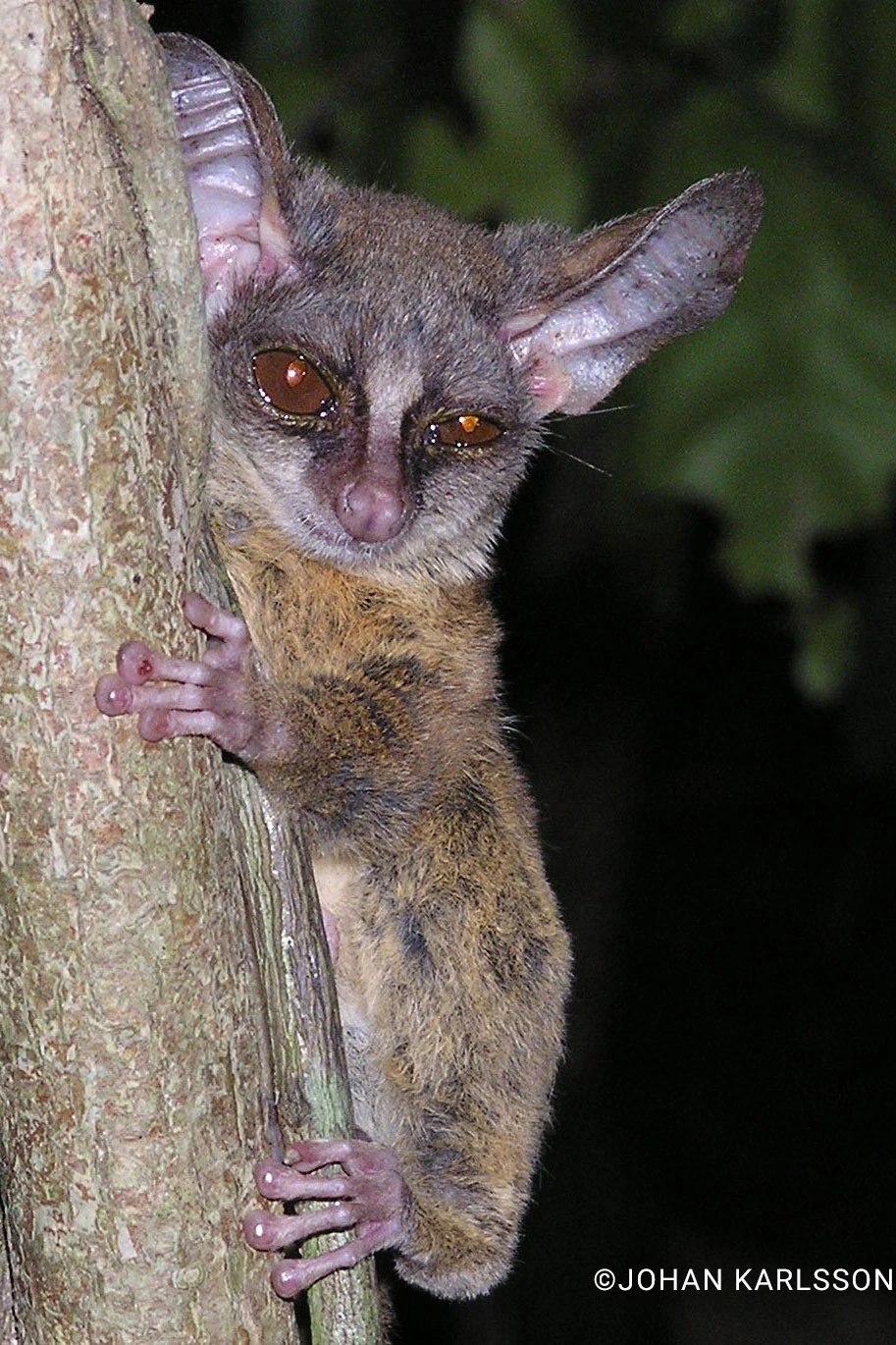
The Rondo Dwarf Galago (Galagoides rondoensis), also known as the Rondo Bush Baby, is one of the world’s rarest and most endangered primates, found exclusively in a few coastal forest reserves in Tanzania. This species is endemic to a specific region in the country and plays a vital role in maintaining biodiversity and supporting the health of the forest ecosystems it inhabits.
As a small primate, the Rondo Dwarf Galago serves as an indicator species, its health and population trends offer valuable insights into the overall condition of its habitat and the effects of environmental changes. Ecologically, it contributes to seed dispersal and insect control, helping to sustain the delicate balance of its ecosystem. Protecting this species and its habitat not only enhances ecological resilience to climate change but also holds potential economic benefits. Conservation initiatives centered around this unique species could foster ecotourism, providing income for local communities while advancing wildlife preservation.
Despite its ecological significance, the Rondo Dwarf Galago faces serious threats, primarily due to habitat loss from agricultural expansion, logging, charcoal production, and forest fires. Moreover, very little is currently known about its population size, distribution, and the full extent of the threats it faces.
Recognizing this gap, TRCO has initiated a dedicated conservation program aimed at safeguarding the Rondo Dwarf Galago. The program focuses on conducting comprehensive ecological research to map its spatial distribution and estimate population density. Additionally, the initiative seeks to raise awareness and educate local communities and conservation practitioners about the species’ ecological significance and the urgent need for its protection.
Key components of the program include:
- Long-term ecological research: Monitoring population dynamics and habitat use in key forest reserves.
- Capacity building: Training conservation practitioners and local stakeholders on species identification and monitoring techniques.
- Community engagement: Conducting outreach programs to promote coexistence and foster conservation support.
- Data-driven conservation: Sharing findings to inform local and national conservation strategies.
Through working with local communities, conservation stakeholders, and research institutions, this project aims to fill critical knowledge gaps and develop practical conservation strategies to ensure the survival of the Rondo Dwarf Galago in Tanzania.

